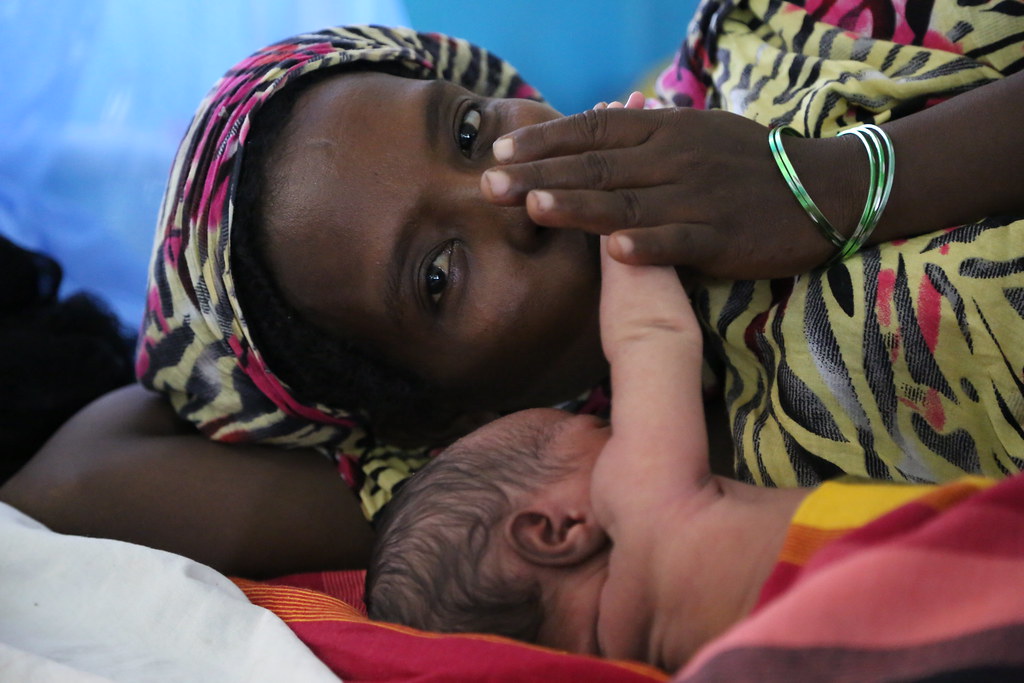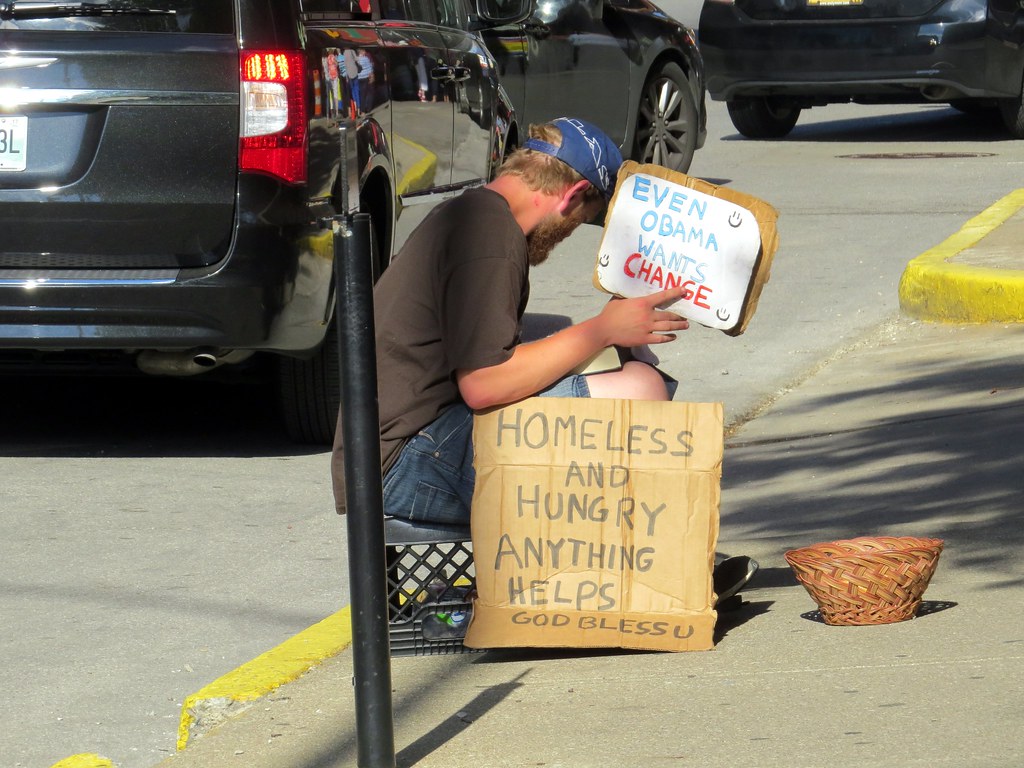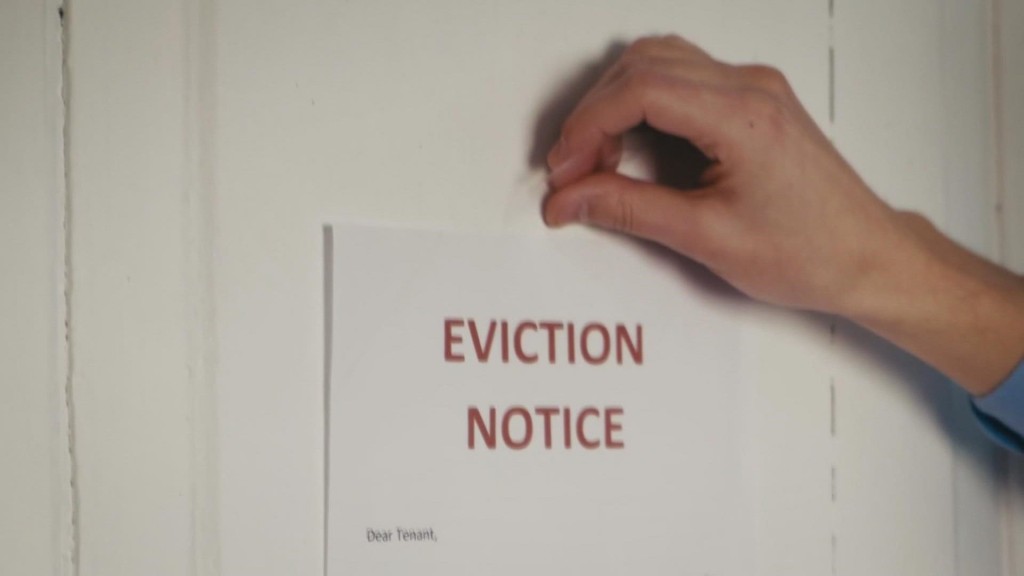Judgment is a tricky issue. We absolutely need to be able to make judgments, even about people. We decide with whom we will be friends, who we will date, who we will marry. We decide what people deserve from us. We are required, simply by nature of being alive, to make those judgments. I have no problem with that.
What infuriates me is when we believe we get to decide who deserves to share in the bounty of 200,000 years of human progress. It begins with the idea that we have to earn a living. The easiest response to that is to call that what it is: Bullshit.
Let’s begin where we must certainly agree: no one asked to be born. We didn’t decide where or when or to whom to be born. The most of which we can be accused is having been the fastest sperm, and I don’t think sperm are sentient, so there really is no blame to be assessed for someone having had the unmitigated temerity to take up space on this planet.

Some of us were born in ideal circumstances, others were born in atrocious conditions. We didn’t choose that. Some of us overcame unimaginable abuse and neglect, and we rose to better lives. Others had all of our needs met from the moment of our birth and went on to screw it all up.
I don’t know why someone became who they are today. And you know what? Neither do you. You can’t. There is no way we know enough about someone’s life to determine what went wrong or what went right. We don’t know if it was dumb luck or intelligent use of the resources someone had available to them.
Everyone, from the person I love most in the world to someone whose very existence makes me cringe, deserves to be allowed to live safely, be properly fed, and have all the medical attention required to keep them healthy. This is true whether they have more money than Elon Musk or less money than the guy outside of Circle K whose body odor offends even those of us whose olfactory organs have been destroyed by years of smoking. He’s probably wearing clothes Goodwill rejected. And he is at a place in his life where the best he can do to get by is stand there and ask someone for some money. Did you think this is what he wanted to do? Did you think when he was a little boy he used to dream of having this life?

***
20-year-old Esther is holding her 4-year-old daughter, Emily, in her arms. Esther is standing in line at The Department of Economic Security. There are 11 people ahead of her. They’ve been here for an hour already. It’s 7:30 AM. DES opens at 7, but the line outside the door usually starts forming before 6.
Emily is getting cranky and wants to get down. “I need to go peepee.”
Esther can’t let Emily go alone, obviously. She looks at the line behind her. There are more than 20 people in it who didn’t get here as early as Esther.
Emily begins to kick and cry. “Mama! I have to go peepee now!!!”
Esther rubs her daughter’s back lovingly. “Can you hold it just a little while like a big girl?” Esther’s arms are starting to ache. She wants to put Emily down at least as much as Emily wants to get down, but she doesn’t feel safe here.
A man wearing an army jacket that Goodwill would reject, reeking of alcohol and cigarettes, is watching them from one of the plastic chairs. He smiles. “Want me to take her for you, ma’am?”

***
Why don’t we guarantee the basics of survival for, at the absolute minimum, all the citizens of our own country? This is where my passion is ignited.
We justify homelessness, hunger, and poverty with the convenient capitalist myth that people deserve those conditions. No, they don’t!
Well, if they wanted money, they should have….
Well, if they wanted money, they shouldn’t have…
Whenever someone says that, I have to remember that hitting them won’t help anyone. I’m not entirely certain I can even make a fist anymore, so I’m not one for whom violence would be a good choice even if I didn’t oppose it on moral grounds. Nevertheless, I find it infuriating.
How the hell does anyone know enough about someone’s life to decide they deserve to be homeless or hungry? Do we know why they made the choices they did? Do we know that, in their situation, we would have made different ones?
***

“I feel for you, ma’am. I’m awful sorry we need to do this. It’s the law, though. Your landlord won the eviction. You have to vacate the premises. We can give you a few minutes to gather any property you might want to take with you.”
“My daughter is four. I paid what I could. It’s not like I’m not working. I mean…” Esther looked down. She didn’t want the deputy to see her crying.
“I understand, ma’am. It’s not fair. It’s not right. It’s the law, though, and we have to obey it.”
Emily came into the room holding her teddy bear. “I need to go peepee.” She looked up at the deputies in the doorway. She waved. “Hi police people. I’m Emily!”
***
I have some amateur philosopher friends who find great joy in expounding on the idea that Free Will doesn’t exist, and that it’s physically impossible for it even to be considered a reasonable idea. Maybe they’re right. I don’t know. I do know that I like to believe that whatever it is that makes me Fred, the combination of my genetic makeup, my upbringing, all the experiences I’ve ever had, and the limitations and capabilities of my body have combined to make me a person who gets to choose what I’m doing at any given moment. I like to believe we all get to choose. I could be wrong. Perhaps I’m only deceiving myself when I think I’m making a decision.
But, much of what we choose is undoubtedly out of our control. I can’t, for example, choose to go to the Moon, climb Mount Everest, run The Boston Marathon, or write better than Shakespeare. I could make choices that might move me closer to some of these things in the future, but at this moment, none of those options are available to me. And this is the only moment in which I get to choose. Life is a collection of moments, and the present is the only place where we have any semblance of control. And sometimes we make the best choice we can at any given moment, and it still fails.
I play Texas Hold ‘Em on Facebook frequently. Poker is all about choices. I try to make the best ones I can at each moment. I’ll call someone’s All In bet when I have pocket aces, and I’ll still lose. It’s not because I’m bad or stupid or evil. It’s because what appeared to be the best choice didn’t work out the way I reasonably expected it would.
Life is like that. People who make decisions I think are wrong or stupid sometimes win. People who make decisions I think are right or brilliant sometimes lose. Much of it is out of our control. In fact, most of it is.
***
“Esther, you can’t come into work like this. You’re a good waitress. Your customers are more than satisfied, but… I don’t want to be rude, I really don’t… but… Esther you smell horrible. No one wants to order food in a restaurant where the employees… well… stink.”
“If I can get enough hours, I can get a place where I can shower. I’m doing my best. I really am.”
“I’m sure you are. You’re a good girl. You really are. You just can’t work here anymore.”
***
And because we’ve decided money is what matters most in the world, some people suffer while others live in unimaginable opulence. Over what, exactly? Something we invented to determine who is good and who isn’t? We all know many people who have more money than they could ever spend, who are not good people in any meaningful way, and people who have almost no money at all who are wonderful human beings. To make judgments about someone based on how many little green pieces of cotton and linen they’ve collected is at once patently stupid, unnecessarily cruel, demonstrably inaccurate, and utterly immoral.
We make reasonable judgments about people based on who they are. If we would like everyone to become the best versions of themselves, we need to give them the freedom to find out who that is without worrying about survival.

It’s Maslow’s Pyramid. We have advanced far enough as a species to guarantee everyone’s physiological and safety needs are met. Why should we deny those to anyone? There are six times as many empty homes as there are homeless people. We dump between 25 and 40% of the food we produce before it even gets to anyone’s plate. And yet we’re okay with a 4-year-old girl sleeping under a tarp with her mother? No, this is not a failure on the part of the mother. It is a failure on the part of the civilization.
But she could get help from all these programs. If she’s too stupid to do that…
Go ahead… finish that sentence. If she doesn’t know how to make use of those programs the little girl should shiver all night? I decline to believe anyone with a single molecule of empathy could think that.
Have you ever tried to make use of any of these programs? Getting food stamps is exhausting. This assumes you know how to do all you need to be able to do. I’m an educated man. I have a Bachelor’s Degree in English and Education. And it is exceptionally difficult for me to figure out how to get the help I need. How is someone who is illiterate supposed to do that? The waiting list for a place that lets you live there for a third of your income is not less than 3 years. Some lists take five years.
***
Esther is embarrassed when she gets to the front of the line. The lady on the other side of the window backs away a moment. The smell coming from Emily is even more offensive than Esther’s. They hadn’t gone to the restroom. Emily is kicking and crying.
“How may I help you?”
“We need to get food stamps.”
The lady pushes a card toward Esther. “Take this and have a seat. When they call your number, you can go apply.”
“Do you know how long it will be? I kind of need to take the little one to the restroom.”
“No idea, ma’am. Sorry.”
***
The idea that some humans deserve more of the advantages those who came before us have made possible, and other people deserve to live like the lesser primates is obscene. We are the only animal on the planet that has to pay for our right to exist. Lions don’t charge 7.5% interest on tonight’s zebra banquet. Earthworms don’t pay for the right to slither through the dirt. Most species work together to ensure their own survival. They do what they can to ensure they all thrive.
Many of our species live in fear. We’re afraid that someone may be better than us. We have an insatiable need to be better than someone else. “I may not be perfect, but at least I’m not…” That sentence usually ends in the betrayal of someone’s bigotry.
***
“So,” says the man behind the desk handing papers to Esther, “we’ll just need you to bring proof of your earned income –”
“I lost my job.”
“And your little girl’s birth certificate.”
“It’s gone. I didn’t think to get it when we were evicted.”
“And your bank statements.”
“They closed my account.”
He looked up. “I don’t think there’s a lot we can do for you, ma’am. I’m sorry.”
“How am I supposed to feed Emily?”
“There’s probably a charity somewhere. You could ask them for help. I have some phone numbers.” He opened his desk drawer.
“I don’t have a phone.”
“See, we just can’t prove that you’re eligible. We can’t just give food stamps to everyone. We’d be broke.”
“I know about being broke.”
***
We have become immune to the hope for a better world. My hope is that AI will free us from our own shortcomings. It will do all the work and allow the rest of us to spend our time trying to improve ourselves and the rest of humanity.
***
Esther emerges from the building into the sunlight that nearly blinds her. She walks to the bench, sits down, and cries on her sleeping daughter’s shoulder.






